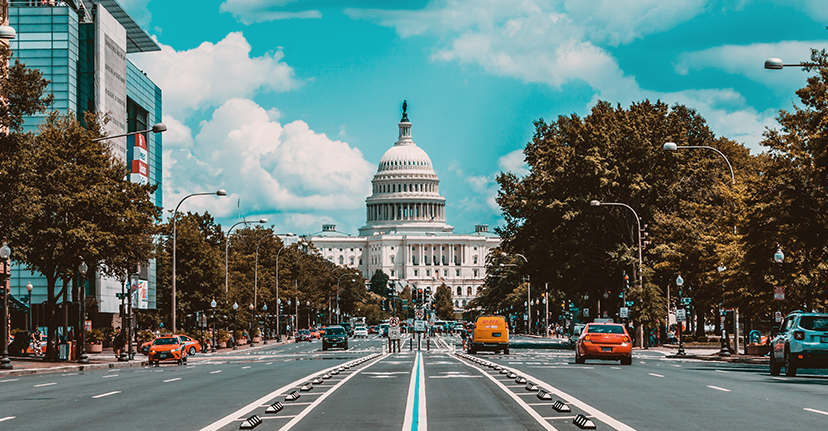Balancing a Great Deal vs. Interest Charges
The dilemma: you’re in a store with an armful of essentials. You’re handing your treasures to the cashier, ready to check out, when they ask, “Would you like to open a credit card account and save 10% today?”
It happens in many a retail store across the country. Cashiers have been trained by corporate to wag the brochures in front of you, tempting you with even deeper discounts. This is your favorite store, right? You want a better deal, right? In the moment, it sounds fantastic—an extra 10% and you can simply put the purchase on that shiny new retail credit card and pay it off when you get home.
Except that a few weeks roll by and you’re back at the same store, tempted by yet another discount, so you whip out that plastic again. Pretty soon, bills come around and there doesn’t seem to be enough money in your checking account to cover the new credit card payment. Maybe it’s time to revisit this important question: How does credit card interest work again?
Read more



